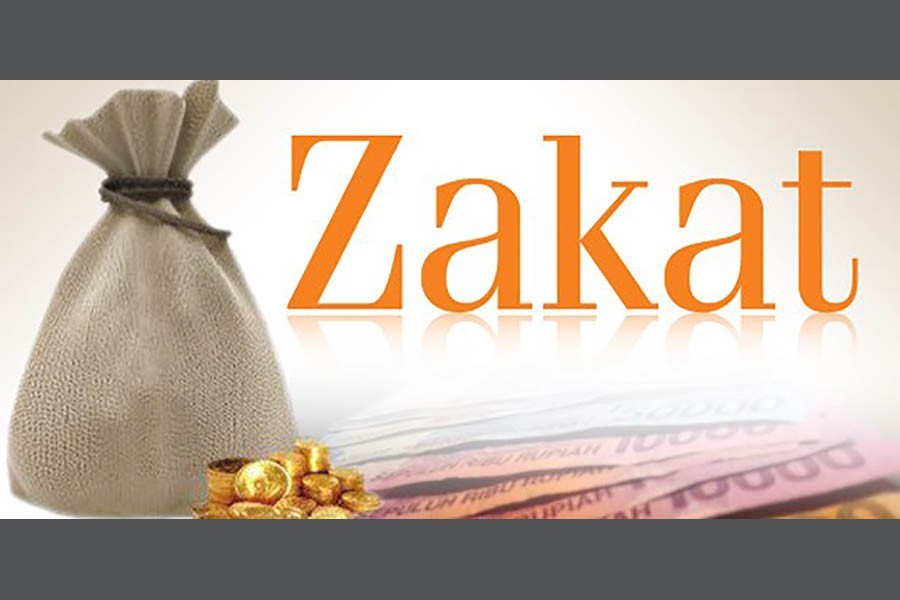Increasing affluence and digital money transactions have not contributed to swelling the government’s Zakat Fund for redistribution in society, stakeholders admit.
Formed in 1982 through an ordinance, the Fund, operated under Bangladesh Islamic Foundation, collected a meager Tk 35.3 million in the 2020-2021 fiscal year, show official data.
An amount of Tk 300 billion could have been raised as Zakat, a mandatory Islamic charity to be paid at a rate of 2.5 per cent, in 2009, according to a study. Based on Bangladesh’s current gross domestic product, applicable for 90 per cent Muslim population, Zakat amount may stand at about Tk 550-600 billion.
Some 908,000 people have reportedly been beneficiaries of the Zakat Fund money distributed between 1982-1983 and 2019-2020.
The Zakat Fund collected Tk 1.51 million, in the year after it was founded, when money transactions were extremely difficult.
And seeing that the country’s every corner is now covered by banking services and most people can avail mobile financial services, the present collection should be far higher, but what the Fund annually collects is so small.
“People are more interested to pay their Zakat to near and dear ones,” Mohammad Harunur Rashid, Director (additional charge), Zakat Fund Department, told The Financial Express.
Dwelling on why the Fund’s collection is so small, he said lack of manpower is also responsible for the failure to increase the amount significantly.
So far, the Fund has provided poor women with sewing training, supported children’s hospitals and rehabilitated the natural disaster-hit people, the Fund director said.
However, others pointed out, when a large number of rich people are willing to pay Zakat, building trust and increasing transparency in raising and distributing the government’s Zakat money are essential.
People are paying their Zakat quietly through privately-run entities, they argued.
The voluntary Centre for Zakat Management (CZM) mobilised Tk 1.41 billion as Zakat from 2008 to 2020 by persuading the affluent people to make their contribution.
During the period, at least 1.1 million people have been provided with support from this fund through different projects, Mohammad Ayub Miah, chief executive officer of CZM, mentioned.
“Our country should utilise the Zakat opportunity as the number of financially able Muslims are rising day by day,” he said adding that the examples of Malaysia and Indonesia may be followed in raising and distributing Zakat money by formulating necessary policies.
Three factors are blamed for the failure to collect and distribute Zakat money: lack of confidence among Zakat payers; absence of networks to connect individuals and institutions; and absence of professionalism in Zakat management, according to a paper titled 'Zakat Model' for Bangladesh’ written by Mabroor Mahmood, a Bangladeshi finance expert and researcher, who has established Ideas for Development (IFD).
It emphasised the need for an extensive digital mechanism to collect and distribute Zakat efficiently.
An accounting professor at Chittagong University and also the chairman of Bangladesh House Building Finance Corporation, Md Salim Uddin thinks laws should be amended and policies formulated to make the process of paying Zakat easier and bring transparency in Zakat management.


